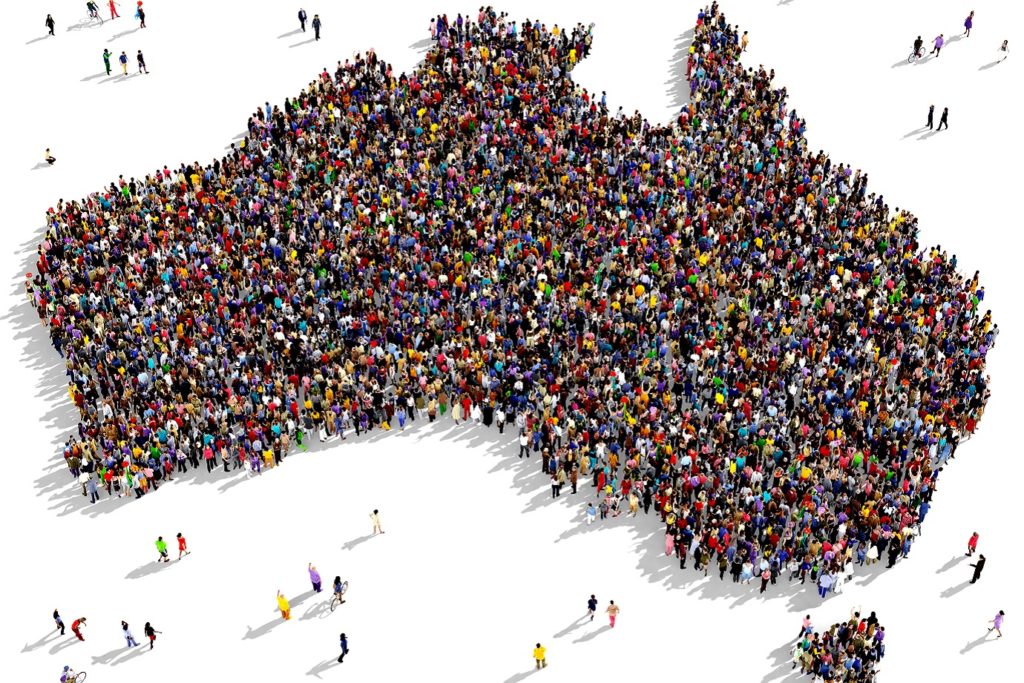Last Monday, Scott Morrison was asked, what will our country look like when we’re through this pandemic? It’s a question we’re all asking ourselves – as he rightly pointed out in his response. He went on to say that: “As Australians go through these many months ahead it’ll change many of us for a long time to come, and maybe not in a bad way.”
Only a few months into the virus, we are already living in a fundamentally different country. For the first time in many years, we have bipartisan support for social and economic initiatives that are focused on citizens’ wellbeing. The PM who came to power on the slogan of ‘building our economy, securing our future’ is now doing what many of us thought impossible: offering free childcare, subsidising wages and nationalising private hospitals. And his approval ratings are soaring from voters on both sides of politics.
Our government has doubled Newstart to $550 a week. To put that in context, anti-poverty advocates were previously campaigning for a weekly rise of $95. This unprecedented generosity is not something I expected to see in my lifetime, and as a 40-year veteran of the community services sector, I welcome it with open arms.
Our government is showing that it is possible to prioritise our economy without it being at the expense of our most vulnerable community members. But the question keeping me awake at night is, how do we stop ourselves from going backwards when this pandemic is over? How do we emerge from COVID-19 as a stronger country – a country whose citizens remember that we live in a society, not just an economy?
Three things give me hope that we are heading in the right direction.
This first is the way this pandemic has acted as a great equaliser. For the first time in many people’s lives, they are navigating job loss and applying for benefits through Centrelink. First-hand experience on such a large scale should challenge (if not outright obliterate) the idea of ‘dole bludgers’ or ‘Centrelink cheats’. Having lived on a doubled Newstart allowance, many people will also see for themselves just how hard it is living as a long-term unemployed jobseeker and the impossibility of sending people back to life on the poverty line.
Through this pandemic, we have also rediscovered the idea of community. Pre-COVID, Australia was firmly in line with a global trend towards individualism. This pandemic has forced us to act as a community: to isolate to protect the most vulnerable. And from the dropping rates of new infections, it appears we are acting collectively for the common good. We are also redefining how we interact with that community. Families who communicate through the odd WhatsApp group message now meet for weekly Zoom dinners. Friends whose diaries usually book out months in advance are now available for weekly virtual happy hours. I even heard of a building of unit-dwellers getting together in their stairwell to play trivia across multiple floors. All of these new ways of connecting are moving us to a society that values collectivism – that knows we’re in this together and that we’re only as strong as our most vulnerable members.
This isolation and shutdown has also changed how we identity as Australians and how we identify as individuals. Unlike our parents and grandparents’ generations who lived through depressions, world wars or forced migration, the majority of us have never experienced such a fundamental change to our way of life. With that comes a questioning of our identity, our beliefs and our values. What gives me hope is that questioning of values seems to be coming back with a number of common themes: family, friends, my health, equity. Significantly, we’re not hearing about career progression, a pay rise, GDP, my new car or my net worth.
I’m not arguing that we abandon those economic drivers entirely. What we need is a compromise where the value of our society is not just measured by our economic output. We can look to New Zealand’s ‘wellbeing budget’ or the UN’s sustainable development goals for inspiration.
I firmly believe that we can become a productive society with a strong economic output that still looks after its most vulnerable community members. We can invest in healthcare, education and welfare because through COVID-19, we’ve learned that our society is only as strong as its most vulnerable member.

